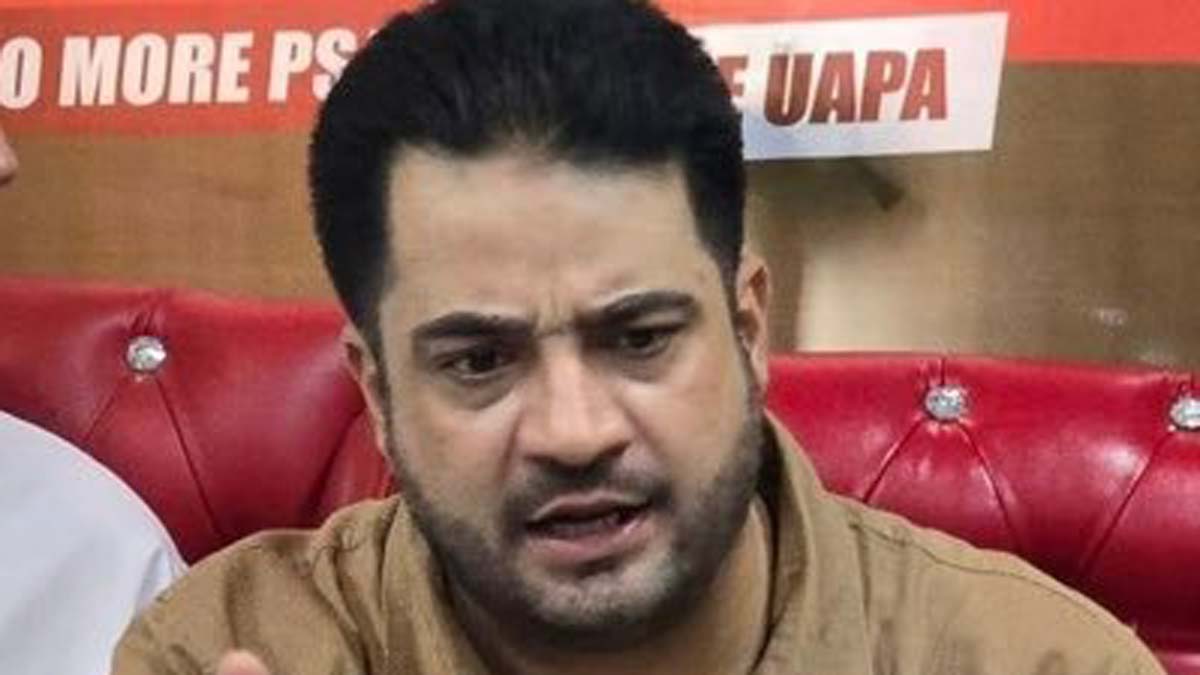The formation of a committee to draft governance rules for Jammu and Kashmir has sparked criticism from regional parties excluded from the process. They argue that sidelining key stakeholders undermines democratic principles and fails to reflect the region’s political diversity.
The draft rules, once finalised, will be sent to the Centre for approval to address ambiguity regarding the jurisdiction of Lieutenant Governor (LG) Manoj Sinha and Chief Minister Omar Abdullah. As Jammu and Kashmir remains a union territory, the LG retains significant authority, particularly over the appointment and placement of IAS and IPS officers. After assuming office, Abdullah faced constraints in decision-making, exposing the limited scope of his powers. The new rules are expected to clarify the roles of the LG and Chief Minister, potentially easing administrative friction.
The committee includes eight MLAs, with the Speaker as its ex-officio chairman. Its composition favours major parties, including three members from the National Conference (NC)—Mubarak Gul, Justice (Retired) Hasnain Masoodi, and Saifullah Mir—two from the BJP, Pawan Kumar Gupta and Ranbir Singh Pathania, and one each from Congress, CPI-M, and an independent legislator aligned with the ruling coalition.
Notably, absent from the panel are representatives of the Peoples Democratic Party (PDP), Peoples Conference (PC), Awami Ittehad Party (AIP), and Aam Aadmi Party (AAP). This exclusion has led to allegations of sidelining regional voices and smaller political outfits.
Reacting to the decision, AIP spokesperson Inam Un Nabi accused the NC of breaking electoral promises and aligning with the BJP to dominate legislative processes, ignoring advocates of Article 370 and 35A.
The move has deepened the divide between larger and smaller parties in Jammu and Kashmir’s political landscape. With the Budget session approaching, tensions are likely to escalate as excluded parties plan protests over their omission.
Until statehood is restored, the LG will continue to wield overarching control, reinforcing concerns about the diminishing role of elected representatives.



